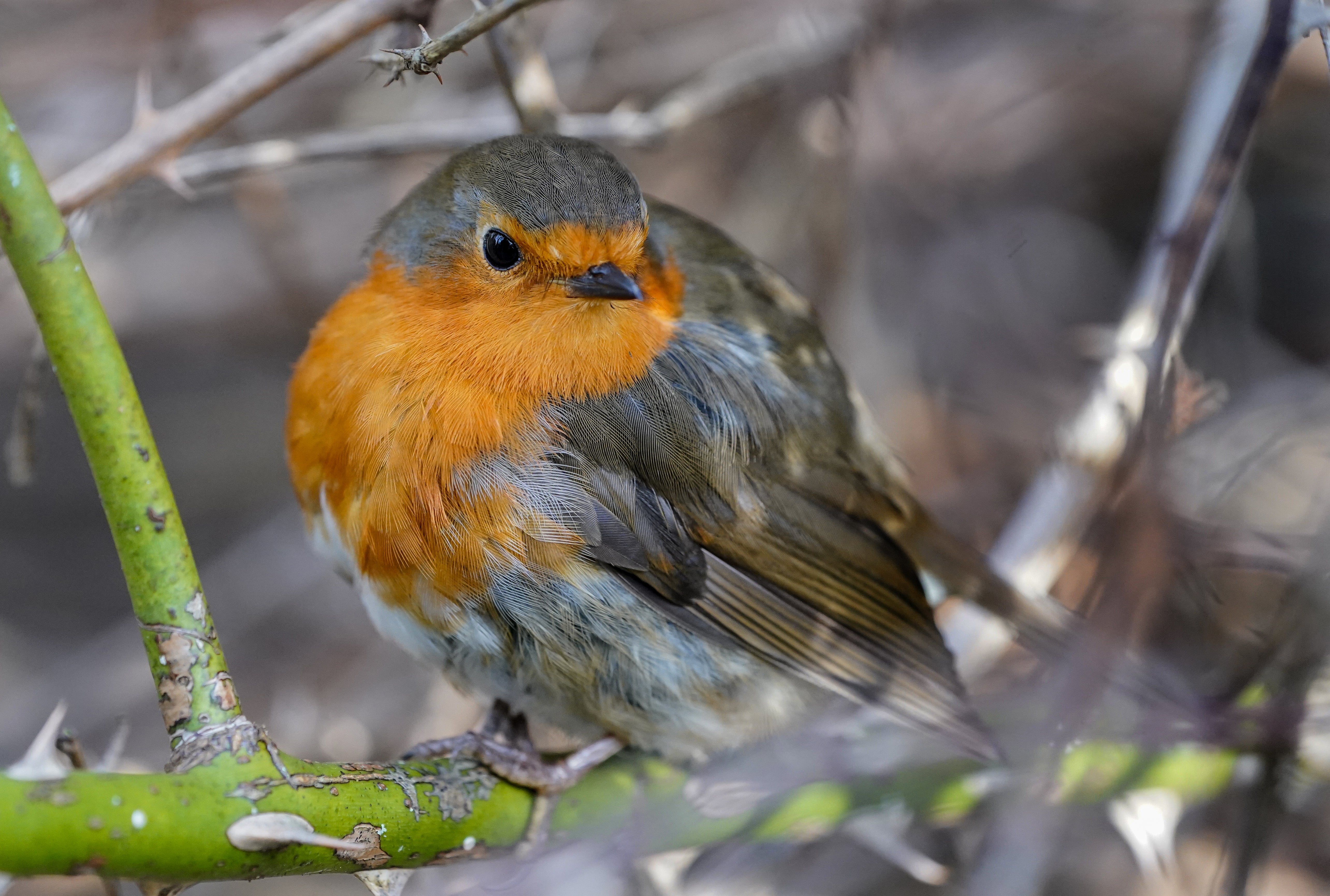Why have the birds disappeared from my garden?
The RSPB explains why you may not see your feathered friends in summer.
You’ve filled your birdfeeders and topped up your birdbaths, yet many of our fine feathered creatures seem to have disappeared. So, what’s happened?
Every summer, the RSPB receives a flurry of calls from bird lovers wondering why the birds have disappeared from their gardens.
“When you look out your window in August, it may seem as if all your birds have deserted your garden. But don’t worry, they’ll be back,” says Charlotte Ambrose, supporter relations and experience manager at the RSPB.
She offers the following reasons you may not see too many garden birds in summer.
Where have they gone?
The first reason is that they are hiding. Adult birds start to moult into fresh new feathers when they’ve finished raising their chicks, but this can take several weeks, and leaves them vulnerable to predators.
Secondly, in late summer, there’s lots of food available outside of gardens. Grains, berries and fruit are all ripe for the picking, so birds head straight to the buffet.
Then there are the migratory birds that leave our shores altogether.
Are there particular species which are more prone to disappearing?
House sparrows, starlings and many finches all like to feed on grain spilt after the harvest, so if you’re near farmland, they’re likely out feasting on the fields.
Tits also aren’t particularly bothered about defending a territory once their chicks have left the nest, and will spend most of their time up in the trees where they are hard to spot. Blackbirds and song thrushes will also tend to move to where there are lots of fruits and berries.
Does migration have an impact on the species which disappear in summer?
About half of UK species are migratory, either in the winter or summer, so many will start to head back to their long-term homes in August. This includes birds which we have been sharing spaces with, such as swifts. Swallows and house martins will stay around until September or October.
Which types might you still see?
Robins are territorial all year round, so they’re more likely to stick around in your garden. If it’s particularly hot or there’s no rain for a long time, you may also see more of your old regulars coming back to the garden, looking for a drink and a cold bath.

Should I still be filling my birdfeeders/baths?
Yes, as it helps remind birds where to look in lean times, and they will appreciate a bird bath if there’s a long, hot, dry period. Put out just a little bit of food at a time, so it doesn’t go mouldy, and clean your birdbath regularly with a mild disinfectant, to prevent diseases spreading.
Are certain plants likely to encourage them into the garden in summer?
Bushes, shrubs, trees and hedgerows can provide very welcome shade when it’s hot outside, and some will even provide berries. You can also try leaving seedheads on plants as a source of food, and standing stems can hold a myriad of insects, larvae, and eggs.
When are the birds likely to return – and what am I likely to see?
When the first frosts hit and the clocks start to go back – that is the time to start looking out of your window for garden birds to return. They’ll have eaten up most of the fruit, berries and seeds in the wider landscape, and be back in your garden to see what’s on offer. As well as your regular visitors, you may also see fieldfare, redwings and bramblings.



Bookmark popover
Removed from bookmarks